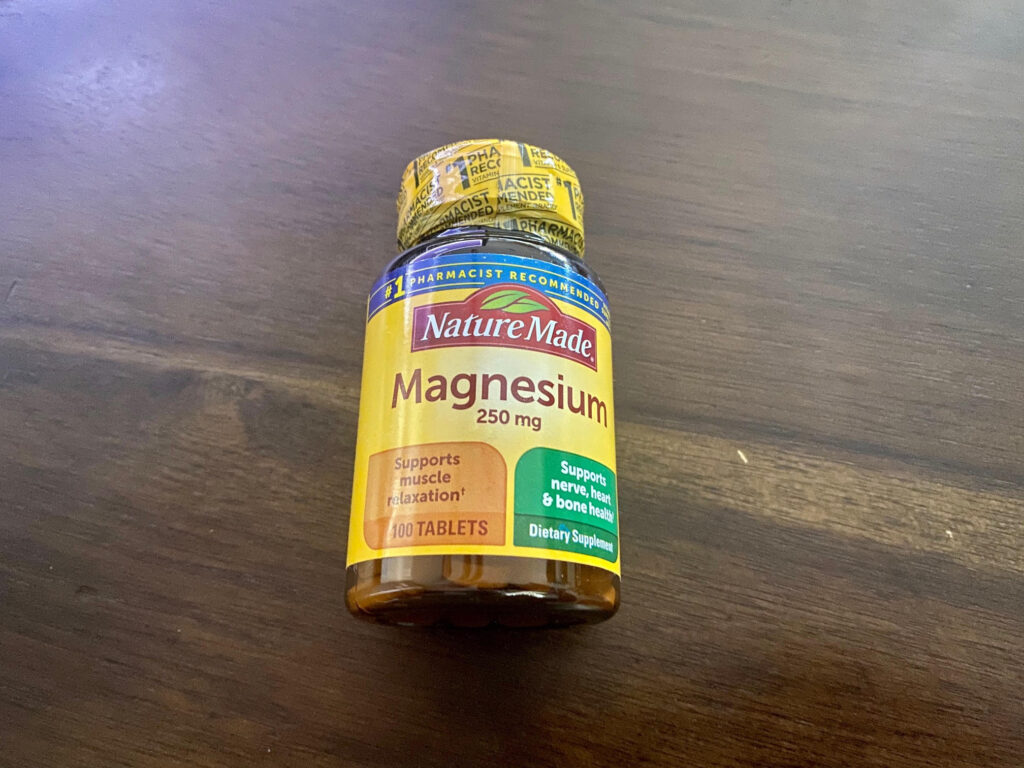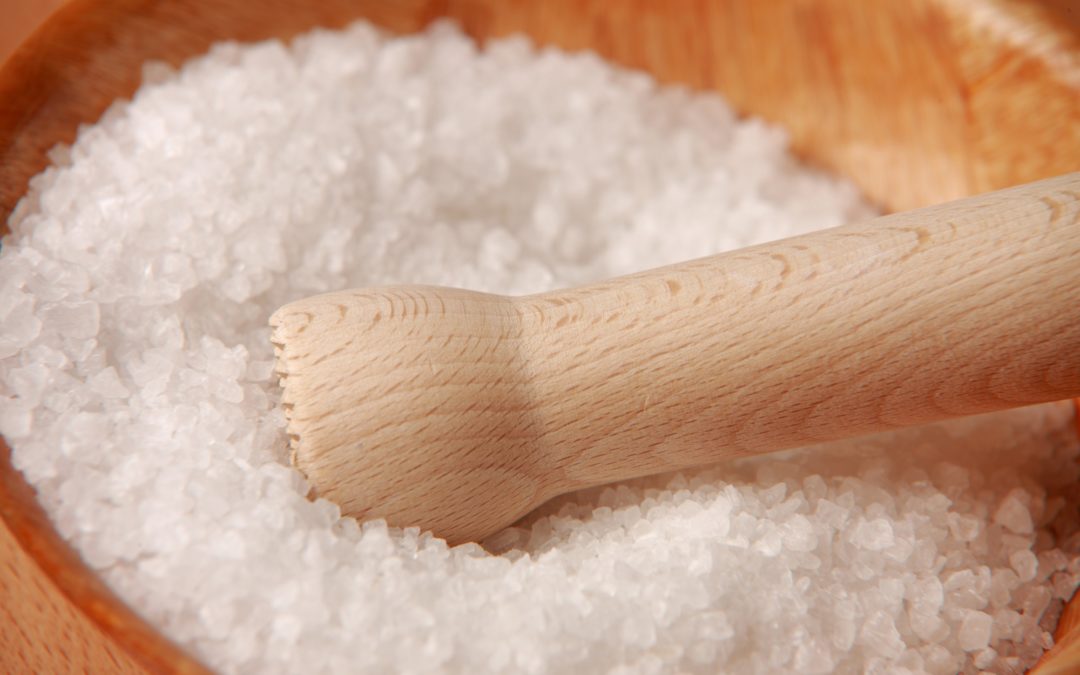If you are here then you were interested in learning about the natural muscle relaxer! Is this a magic pill? Will it work for everyone? Is it safe?
We all have muscle soreness, stiffness at some point in our lives; now, it’s what we do to help lessen that matters. As a therapist, I tell all of my clients that they need to stretch at least 2-3 times a week. In most cases, let’s get real for a minute, most don’t listen, and that’s ok! Those that choose to follow the stretching seem to have better results, and those that don’t seem to complain of the same issue unless receiving frequent massage treatment.
So what can we do if we don’t stretch?
I have been working out for over 24 years, and I can tell you after a long day, which usually includes at least a run or 25 minutes of training, I am usually sore the next day. I can tell you for over a year, I have been taking 250mg of magnesium every night, 30 minutes before bed every night, and have had great results. If I was sore, I mean, I couldn’t move some days sore. I can honestly tell you I workout today as intensely as I did years ago, and since I have taken my magnesium, I am no longer anywhere near as sore as before!
So what does Magnesium do? (Natural Vitality)
Muscle function: Magnesium is an electrolyte, essential to muscle contraction and relaxation. Magnesium also plays a role in energy metabolism, along with maintaining normal muscle physiology. Studies have shown that many people may not consume an optimum amount of magnesium. Based on this, those who are physically active may be vulnerable to lower levels of magnesium or magnesium deficiency, which may impact their exercise performance.
Stress management: Magnesium is vitally important for healthy brain function. A lack of dietary magnesium may contribute to an increase in stress, which in turn may impact magnesium levels.
Heart health: Your heart is a muscle, and just like any other muscle it requires magnesium for normal, healthy function. Magnesium is an electrolyte that plays a role in muscle contraction and relaxation. The optimal intake of magnesium supports cardiovascular health.
Blood pressure: Experts at Harvard Medical School list magnesium as one of the key minerals for healthy blood pressure. This is because magnesium helps blood vessels relax, which is an essential factor in blood pressure regulation. Magnesium supports healthy blood pressure levels already within the normal range.
Bowel regularity: Some people may experience sluggish digestion, which may lead to occasional constipation. Magnesium is involved in the relaxation of muscles, including those in the intestinal wall. Some magnesium salts draw water into the intestinal tract and facilitate bowel movements. Magnesium citrate and glycinate are more bioavailable and aid in improving magnesium levels.

So how do you use it?
I recommend 250mg to start; as usual, I like to try things with maximum potential right away. All I can tell you is that 500mg + is a great way to spend a long morning in the bathroom!! So if you do want to bump it up, start slowly. Magnesium, if you couldn’t tell already, is also an excellent stool softener, and it works tremendously, so be careful. I also recommend with all supplements, take a weekend off once a month. I take my magnesium every day, but do what you’re comfortable with doing.
Other natural ways to get magnesium daily:
- Oatmeal, instant: Serving Size 1 packet, 36 mg
- Kidney beans, canned: Serving Size ½ cup, 35 mg
- Banana: Serving Size 1 medium, 32 mg
- Cocoa powder– unsweetened: Serving Size 1 tablespoon, 27 mg
- Salmon, Atlantic, farmed: Serving Size 3 oz, 26 mg
- Milk: Serving Size 1 cup, 24–27 mg
- Halibut, cooked: Serving Size 3 oz, 24 mg
- Raisins: Serving Size ½ cup, 23 mg
- Chicken breast, roasted: Serving Size 3 oz, 22 mg
- Beef, ground, 90% lean: Serving Size 3 oz, 20 mg
- Broccoli, chopped & cooked: Serving Size ½ cup, 12 mg
- Rice, white, cooked: Serving Size ½ cup, 10 mg
- Apple: Serving Size 1 medium, 9 mg
- Carrot, raw: Serving Size 1 medium, 7 mg
There are multiple ways of getting magnesium, through foods or other supplement companies in pill or powdered form, do some research. Now with all supplements, too much magnesium can be a bad thing, so if you take medications, check with your doctor and see if a magnesium regiment is right for you.
Well, there you have it, magnesium, the natural muscle relaxer, now don’t you think it might be something worth looking in to? I hope this help, and I know that it has helped me, so I look forward to your thought! Leave me a comment below, and if you’re looking for more tips, check out my other blogs.
As always, I wish you well and remember to invest in your health,
James
cited resources:
https://www.naturalvitality.com/blog/5-health-benefits-of-magnesium/
https://my.clevelandclinic.org/health/articles/15650-magnesium-rich-food

